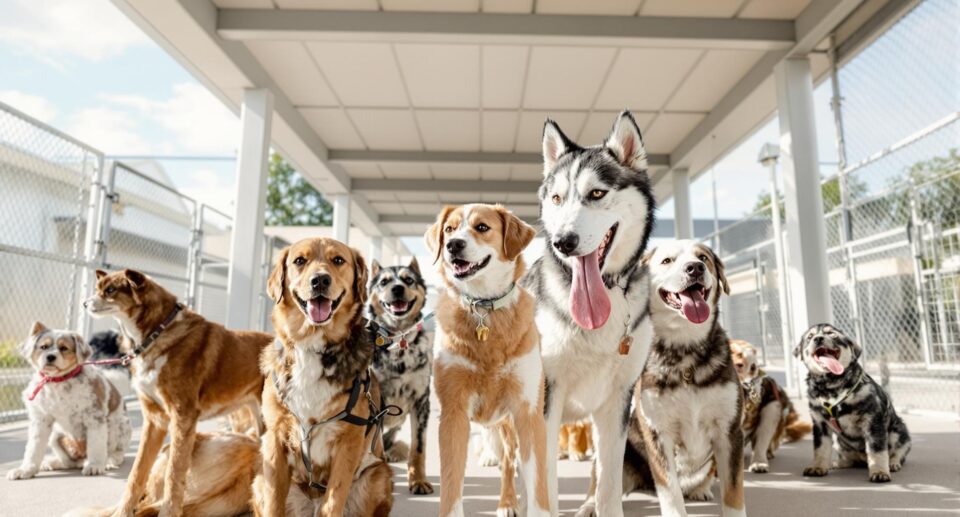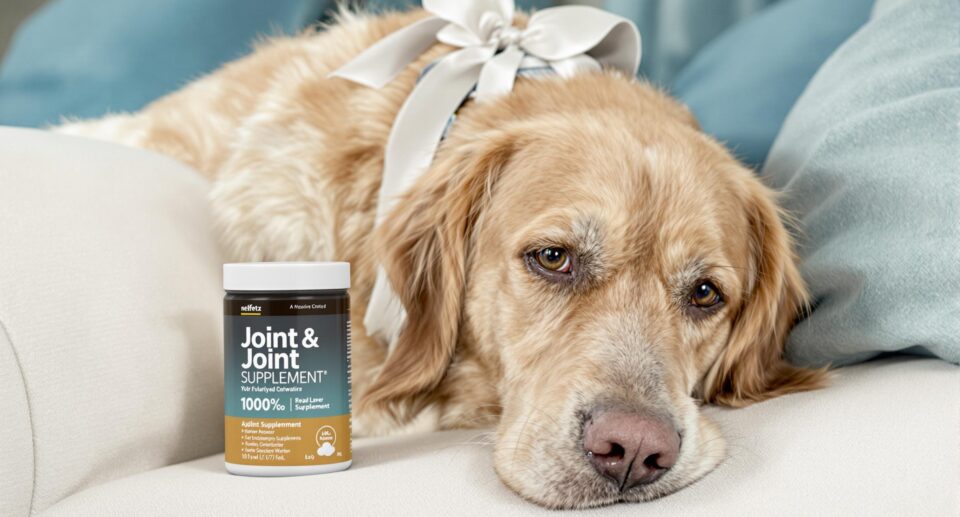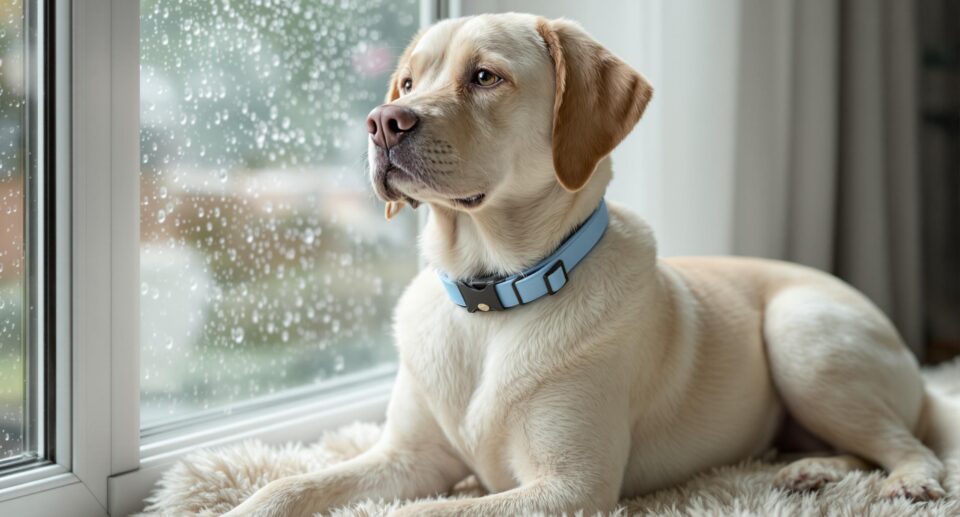What Is Kennel Cough?

Kennel cough in dogs and cats is a contagious upper respiratory infection caused by a combination of bacteria and viruses. This is known as infectious trachaeobronchitis. The syndrome most commonly occurs when pets are exposed to crowded, and/or poorly ventilated conditions found in many kennels and shelters. Other factors that may increase your pet’s susceptibility to kennel cough include cold temperatures, dust, cigarette smoke, and travel-induced stress. Pets that spend a lot of time at dog parks are also at increased risk of infection. Kennel cough often resolves on its own in 10-14 days, but pets with more serious infections might need antibiotics to clear the infection.
Key facts about kennel cough in dogs and cats
- Kennel cough is a common contagious infection causing upper respiratory symptoms and coughing in dogs and cats.
- Kennel cough is most commonly seen under conditions of stress and/or overcrowding of dogs and cats.
- Simple cases of kennel cough often resolve on their own in 10-14 days, but other pets more seriously affected may need courses of antibiotic therapy.
What causes kennel cough in dogs and cats?
While Bordatella is the most common cause of kennel cough complex in dogs and cats, other bacteria and viruses including parainfluenza virus, adenovirus, reovirus, mycoplasma, and even distemper virus may all be involved in symptoms in a particular pet. Crowding and stress play the biggest role in whether the disease will develop in one or more pets.
Which pet breeds are most at risk for kennel cough?
Any sex, age, or breed of dog or cat can develop kennel cough under the right circumstances. Younger puppies and kittens, particularly those recently kept at pet stores or recently sold, seem to be more susceptible to kennel cough. While any breed may develop kennel cough, breeds known as brachycephalic (flat-nosed) breeds, such as Pugs, Bulldogs, Boxers, and Shih Tzus, also may be at increased risk due to the anatomy of their respiratory airways.
Is kennel cough contagious to humans?
One of the concerns raised in recent years is whether kennel cough is contagious from pets to people. Currently, there is conflicting data regarding this possibility. The main causative agent of kennel cough, Bordatella bronchiseptica, may be the culprit, as it is closely related to the same bacteria that causes whooping cough in people. There was one report where a child did get symptoms of kennel cough from being inadvertently exposed to a modified live intranasal kennel cough vaccination. However, the data is not conclusive at this time, so in most cases there is minimal risk of kennel cough symptoms in people exposed to pets with kennel cough.
Difference between kennel cough and bordatella
Bordatella bronchiseptica is the most common bacterial cause of kennel cough complex in dogs and cats, but kennel cough complex may involve other bacteria and viruses that also contribute to the clinical symptoms.





